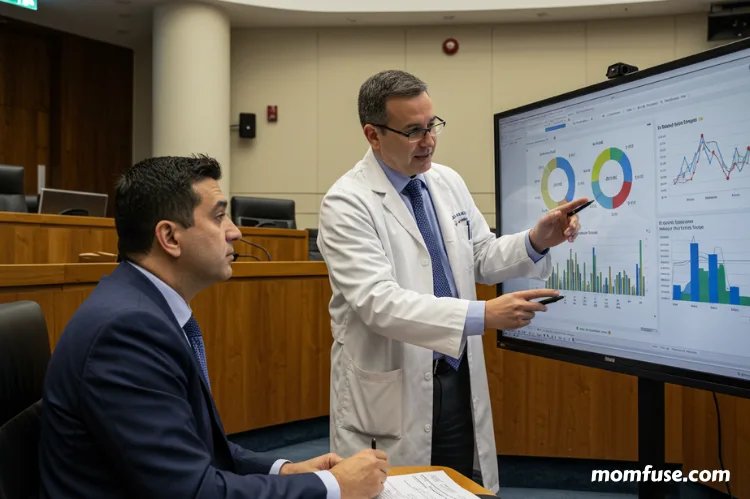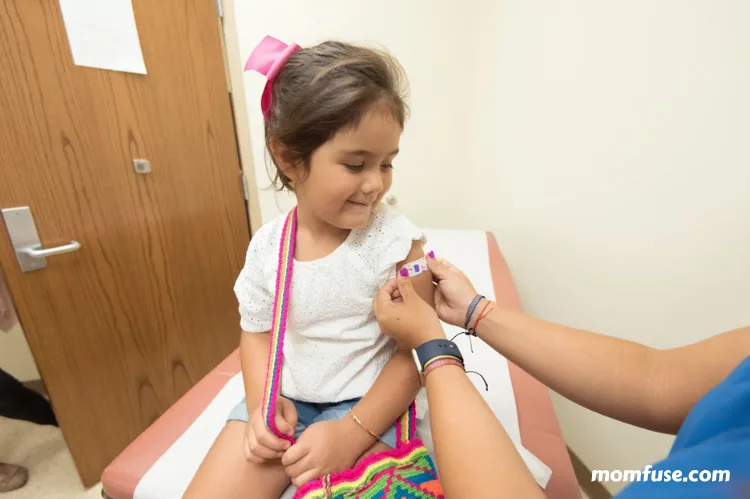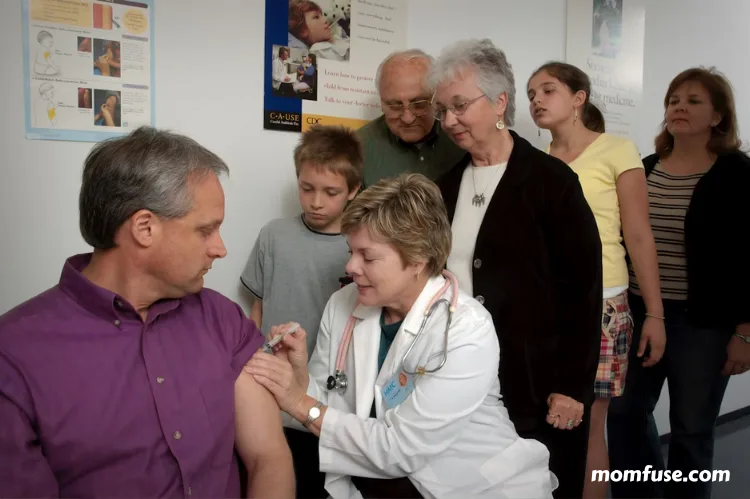Community health initiatives require knowledgeable leadership, and local councillors often play a critical part in shaping outcomes. Whether addressing public health awareness, funding allocations, or health education outreach, councillors frequently serve as the bridge between medical experts and the populations they serve. To make informed decisions, many rely on continual learning, and one key resource in their professional development is medical conferences.
Attending medical conferences may not be the first image that comes to mind when thinking about a councillor’s responsibilities. Yet these events offer unique access to information, collaboration, and strategies that improve how public health policy is created and applied. For officials tasked with managing complex community needs, staying current is a civic duty.
Improving Access to Current Health Data

Medical conferences provide attendees with recent research, epidemiological trends, and expert analysis. These events often feature presentations by doctors, scientists, and thought leaders who specialize in emerging health issues. For councillors, access to these presentations can clarify what is affecting their local populations and what interventions are proving effective elsewhere.
For example, understanding the rise of mental health concerns, chronic illnesses, or regional outbreaks allows councillors to align municipal priorities with actual needs. It also helps them evaluate whether current community services are sufficient or if new initiatives should be introduced.
Having direct access to data instead of relying solely on secondhand summaries can significantly improve the accuracy and relevance of public health decisions.
Networking with Healthcare Professionals
Conferences are a unique environment where local leaders and healthcare providers can collaborate outside the confines of policy meetings. Councillors benefit from networking with hospital administrators, nonprofit leaders, and public health officers. These relationships foster faster decision-making, stronger partnerships, and better alignment across sectors.
This is particularly helpful in underserved areas where resources are limited. A well-connected councillor can leverage professional contacts to expand services, attract funding, or coordinate regional responses more effectively. Attending events like those hosted by Bio Ascend or other entities, for instance, opens up direct lines of communication between elected officials and leaders in clinical education. Building these connections early helps councillors improve their ability to respond swiftly and strategically when urgent health matters arise.
Gaining Perspective on Local vs. National Challenges
Councillors often juggle hyperlocal issues such as neighborhood healthcare access, availability of clinics, or food insecurity. Medical conferences with a national reach broaden their understanding of how local problems relate to state or national trends. This perspective helps councillors determine whether a local challenge is part of a wider issue or the result of specific regional conditions.
With this knowledge, councillors can better advocate for resources or legislative changes. They also gain a sense of which pilot programs and solutions from other regions may be worth replicating within their own constituencies.
By comparing data and results across municipalities, decision-makers can implement smarter, evidence-based policies that meet real needs without unnecessary experimentation.
Professional Development and Policy Training
Some medical conferences offer sessions specifically designed for public officials, including training on how to interpret scientific data, implement health campaigns, or engage with vulnerable populations. These sessions help elected leaders stay ahead of their responsibilities in public health and make better use of the information they gather.
It is one thing to receive a public health report; it is another to understand how to communicate it effectively to the public. Councillors trained in this skill are more capable of translating technical jargon into actionable community messaging. This builds public trust and increases the likelihood of compliance with health programs, from vaccination drives to nutrition education.
Supporting Mental Health and Resilience
Working in local government can be mentally demanding. Councillors face pressure from constituents, budget limitations, and complex social issues. Medical conferences are increasingly acknowledging the need for mental health support for public servants. Some offer sessions on resilience, burnout prevention, and stress management that help leaders maintain their own well-being.
In learning how to manage their personal stress, councillors are better equipped to model healthy behavior for their communities. This insight is particularly valuable when advocating for mental health funding or designing public campaigns that target behavioral change.
Encouraging Evidence-Based Decision Making

A common challenge in municipal government is the pressure to respond quickly without enough reliable information. Medical conferences teach councillors how to prioritize evidence-based strategies, emphasizing data collection, outcome tracking, and community engagement.
Councillors who understand the importance of measurable results are more likely to support programs that prove their worth. This reduces wasted funding and ensures that public health investments deliver real value to the community.
By gaining this insight in an educational setting, councillors return to their roles with a clearer sense of direction and the tools needed to advocate effectively.
Medical conferences are valuable platforms that equip councillors with the tools, knowledge, and networks necessary to serve their communities more effectively. From understanding health trends to forming strong relationships with healthcare professionals, these events create opportunities for informed and thoughtful leadership.
As community health issues become increasingly complex, the role of educated and proactive councillors becomes even more vital. When local leaders invest in learning through professional development, the positive impact ripples through every neighborhood they represent.
Read Next: Medical Error Legal Steps: Protect Your Health Rights
Jessica Fuqua is a mom of two who writes about the messy, beautiful reality of raising kids. She believes parenting advice should feel like a conversation with a friend, not a lecture. When she’s not writing, she’s probably reheating the same cup of coffee for the third time.

